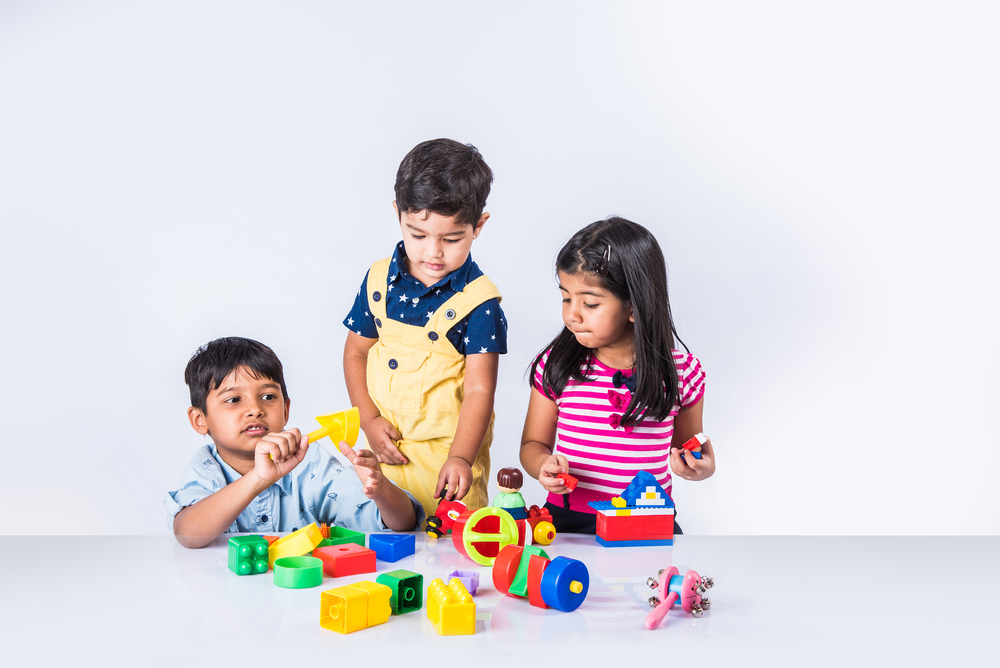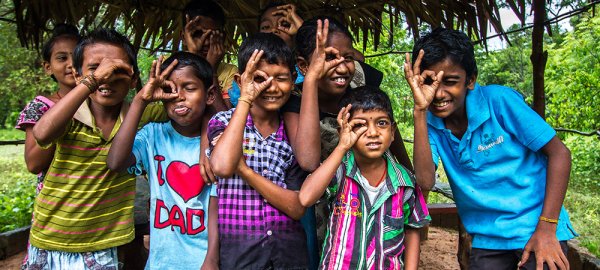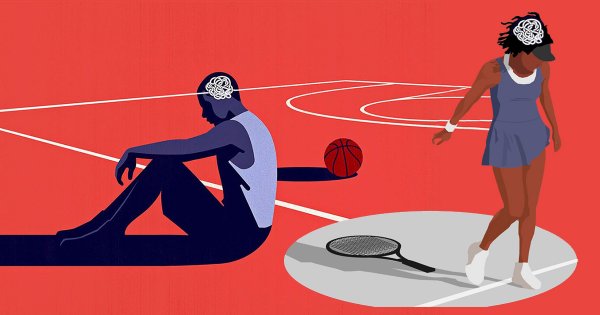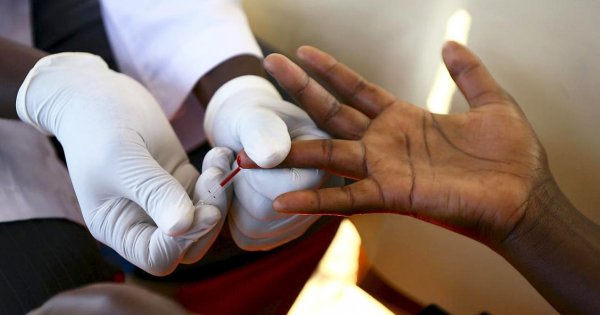
The brain is, without a doubt, the most important organ in the human body. It undertakes numerous functions essential for our survival; it holds our memories, as well as the keys to our skills, our senses, emotions, and responses.
The University of Washington’s study of seven-month-old babies gave us a fascinating insight into what goes on in a baby’s brain. Before a baby starts to speak, their brain is already equipped to handle the physical aspects of speech itself. This means the brain has already laid down the groundwork necessary for a baby to process sounds and predict the oral movements required to replicate speech, known as ‘analysis by synthesis’.
The human brain has continued to fascinate mankind for ages, and we’ve barely scratched the surface of its true potential and hidden workings. But, despite its extraordinary adaptability, the human brain requires special care in order to develop during its most vulnerable stage, which is also when it hosts its potential at the highest level. This stage comprises the first three years of a child’s life.
Within these first three years, about 85% of the brain develops, making it the most crucial time period for brain development. This is the timeframe that could make or break the arc of healthy progress, which is why caution needs to be exercised.

The Young Mind
A child’s brain isn’t fully formed as soon as they’re born. It takes time for the brain to develop, and along with it, for the child to acquire greater cognitive and socioemotional skills.
A baby’s brain builds from the bottom up. The lower level circuits, which make up the foundation, are responsible for the basic functions necessary for survival, whereas the higher level circuits, which are built later, take on more complex cognitive functions which are characteristically human.
A baby is born with all the brain cells (neurons) they will require in life, and their brains consist of about 100 billion neurons at birth. Connections (synapses) then start forming between these neurons, and these connections are what give us the abilities required to live.
Synaptogenesis is a process that takes place throughout a person’s life, but it happens in excess (exuberant synaptogenesis) after a child is born. According to Consultant Pediatrician Dr. Kumudini Cooray, the first three years is a critical period of a person’s life because their brain performs exuberant synaptogenesis early on, meaning a massive number of synapses are formed between the child’s existing neurons.
These are then culled in the following years through another process called ‘synaptic pruning’. Synapses facilitate chemical and electrical communication between neurons, and any unused or underused connections are destroyed during the process, which is why stimulating the brain consistently is important—to ensure that essential connections remain active and aren’t killed off.

Negative Factors To Look Out For
From birth to age five, great investment on the part of the primary caregiver is required in order to ensure healthy development. The lack of proper mental stimulation, along with improper nutrition and unhealthy interactions, has been linked to stunting of cognitive and socioemotional abilities.
Toxic stress is an often overlooked yet dangerous catalyst in unhealthy brain development.
Neglect, physical and emotional abuse, family issues, and isolation can all cause a child to experience toxic stress. This stress can impair cognitive processes in the long term while also causing adverse effects to take hold health-wise.
According to the Ending Violence in Childhood 2017 Global Report by Know Violence in Childhood, 19.4% of Sri Lankan children report that there are no children’s books at home. This could lead to developmental issues as reading is one of the earliest forms of stimulation.
The report also highlights that 73.4% of children aged 1-14 years have experienced corporal punishment at home by parents, which can trigger build up of toxic stress, affecting overall health and brain development, as well as the child’s behaviour and ability to learn.

How To Ensure Healthy Brain Development
Being a working parents often places strain on parent-child relationships, so it may be difficult to invest 100% of the time required. There are ways to work around this, especially by ensuring that those around the child also contribute to their healthy development and that the child receives ample stimulation even at home.
Dr. Cooray suggests that parents spend at least a little time with their child every day, doing activities like reading together or singing, maybe even take part in household chores alongside their parents.
By playing and having healthy interactions with their children, parents help them acquire experiences essential for navigating adult life and enhance parent-child bonding as well. Dr. Cooray warns that failing to do so may lead to suppressed skill development, poor self-esteem, and other issues, spilling over into adulthood. An interactive and healthy home environment provides the child with social skills and emotional stability.
As the child grows, secondary caretakers take on the role of socialising the child. Teachers and childcare providers help build on the foundation laid down by the parents. Though the home is where learning starts, it’s vital that children have access to quality education and stimulating activities outside of home.
Exercise helps keep the brain healthy and active, which is why extracurricular activities that require both physical and mental effort are an essential part of a child’s life. Proper education from an early age helps the child develop linguistic and cognitive competency, which are crucial for success later on in life.
The age-old saying that the children are our future rings true. Their minds are capable of unraveling solutions to future problems, adapting to a fast-changing world, and possibly making the world a better place. If they are to become future leaders, they require the best in terms of nutrition, intellectual stimulation, and all the love and protection their families can extend in order for them to grow up healthy.
To help parents give the best start to their children, UNICEF has launched www.betterparenting.lk, a Sinhala, Tamil and English website that brings together comprehensive expert information in four areas—child care, child development, food and nutrition, and health—through a mix of articles, video and animation.


.jpg?w=600)





